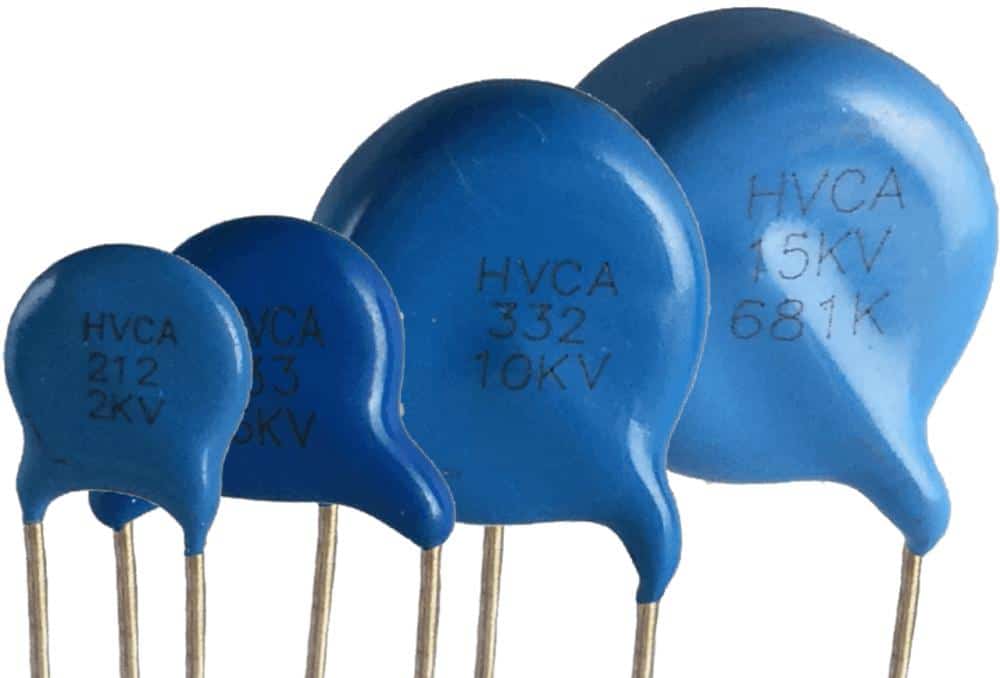In today's digital age, smartphones have become an essential part of our lives. With numerous options available in the market, it can be overwhelming to choose the perfect phone that meets our needs. To make an informed decision, it is crucial to consider several factors before purchasing a phone. In this comprehensive guide, we will explore the key aspects to check when buying a phone, ensuring you make the right choice.
- Operating System:
The operating system (OS) is the backbone of a phone, determining its user interface, app compatibility, and overall performance. Two major players dominate the market: Android and iOS. Android offers a wide range of customization options and compatibility with various devices, while iOS provides a seamless and secure ecosystem. Consider your preferences and requirements to choose the OS that suits you best. - Processor and RAM:
The processor and RAM are vital components that determine a phone's speed and multitasking capabilities. Look for a phone with a powerful processor, such as Qualcomm Snapdragon or Apple A-series chips, coupled with sufficient RAM. Higher processing power and RAM ensure smooth performance, faster app loading times, and efficient multitasking. - Display:
The display is one of the most noticeable features of a phone. Factors to consider include screen size, resolution, and technology. Opt for a size that suits your preferences and usage patterns. Higher resolutions, such as Full HD or QHD, offer sharper visuals, while technologies like AMOLED or OLED provide vibrant colors and deep blacks. Additionally, consider features like HDR support and high refresh rates for an enhanced viewing experience. - Camera Quality:
For many users, the camera has become a deciding factor when purchasing a phone. Check the camera specifications, including megapixel count, aperture size, and image stabilization technology. Look for features like optical zoom, wide-angle lens, and night mode for versatile photography options. Additionally, consider the front camera specifications if you are fond of taking selfies or video calls. - Battery Life and Charging:
Battery life is crucial, especially for heavy users. Check the battery capacity and consider phones with larger batteries for extended usage. Look for fast charging technologies like Qualcomm Quick Charge or USB Power Delivery, which can significantly reduce charging times. Wireless charging may also be a desirable feature for convenience. - Storage and Expandability:
Evaluate your storage needs and choose a phone with adequate internal storage. Consider phones with expandable storage options like microSD card slots if you require additional space for media files or apps. Additionally, cloud storage integration can be beneficial for seamless data backup and accessibility. - Connectivity and Network Support:
Ensure that the phone supports the necessary network bands and technologies compatible with your region and carrier. Check for features like 4G LTE, Wi-Fi standards (e.g., Wi-Fi 6), Bluetooth versions, and NFC for contactless payments. Dual SIM support may also be essential for frequent travelers or those who require separate personal and work numbers. - Security Features:
Protecting your personal data is crucial. Look for phones with advanced security features like fingerprint sensors, facial recognition, or iris scanners. Additionally, consider devices with regular software updates and a good track record of security patches to ensure your phone remains protected against potential threats.
Conclusion:
Choosing the right phone involves considering multiple factors to ensure it aligns with your needs and preferences. By evaluating the operating system, processor, display, camera quality, battery life, storage, connectivity, and security features, you can make an informed decision. Remember to read reviews, compare prices, and test the phone in person if possible before making a purchase. With this comprehensive guide, you are now equipped to find the perfect phone that suits your lifestyle and enhances your digital experience.


